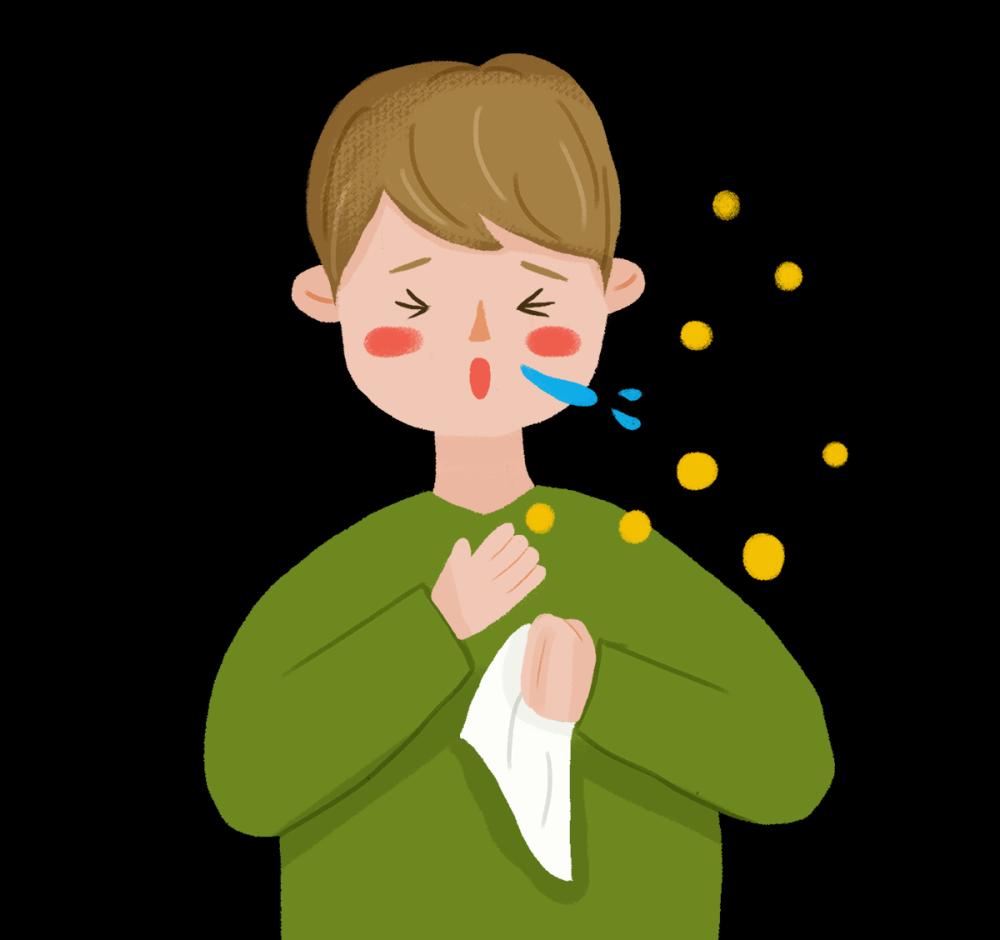When the baby has phlegm in the throat and can not cough out, it will "purr" sound, many parents will worry that if the baby accidentally swallows it, will it eat the bacteria into the stomach, is that the case?
Sputum production is actually the body's response to inflammation, infection or other stimuli, that is, the trachea is affected by pathological factors, the secretion increases and mixes with dust, germs and destroyed tissues.

Sputum is good for removing necrotic tissue and pathogens, but it can also induce or aggravate cough to some extent.
Normally, the human body's respiratory tract has a self-purifying function. Ciliary cells in the respiratory tract can play a role in gradually discharging sputum, if there is more sputum, it will cause coughing, by generating a strong air flow to help the sputum discharge.
If there is a "purring" sound when coughing, it is actually sputum left in the main airway. Generally for adults, the phlegm in the main airway can be discharged, and if it does not work once, it is possible to try again.
However, for the baby, not every sputum can be coughed out, sometimes after coughing can see that there is obvious swallowing action, sometimes there will be nausea and vomiting or even direct mucus spit out, indicating that the baby's sputum has been relatively diluted, may be swallowed.
This situation is actually very normal, there is no bad effect, swallowed sputum will enter the esophagus, stomach, intestines, and then excreted through the feces, and do not need to take additional sputum drugs.
Parents can help their baby cough up sputum through some simple nursing methods.
Encourage your baby to drink plenty of water
Drinking more water can help dilute sputum and make it easier to be coughed up, and babies under 6 months old can appropriately increase their milk intake.
Maintain suitable humidity indoors
The right humidity can avoid the baby's aggravated cough due to indoor dryness, so try to maintain the humidity at home as much as possible at 50% to 60%, and you can also buy a hygrometer to put at home.
Multiple changes in position
Home can help the baby maintain a position conducive to breathing; for example, if some babies are prone to coughing as soon as they lie down, they can try to sit or stand half-seated.
Avoid allergens
Some coughs are caused by allergies to a certain substance, so pay attention to separating your baby from the allergen to reduce the secretion of cough and sputum.
Babies with allergies should pay attention to avoid cold air, pollen, odor, animal fur, dust mites and other stimuli; if you go out in the season when there is more pollen, you must wear a mask for the baby, try not to keep pets at home, so as not to make the baby allergic.
Babies over one year old can eat honey
If the baby is over one year old coughing, then parents can let the baby take a small spoonful of pure honey (about 2 to 5 ml) orally.
It should be noted that if the baby still has obvious sputum sounds before and after coughing, and has not been relieved by the parents' care, or there are serious conditions such as bronchospasm and airway stenosis, it is necessary to go to the hospital in time to seek medical treatment and take symptomatic drugs under the professional evaluation and guidance of the doctor.
Do not go to the pharmacy to buy medicine for your baby to eat. Some phlegm drugs not only fail to play the effect of "expectorant", but may lead to increased sputum. If your baby is not yet proficient in swallowing and coughing up sputum, it is easy to block the airway, creating a risk of choking.